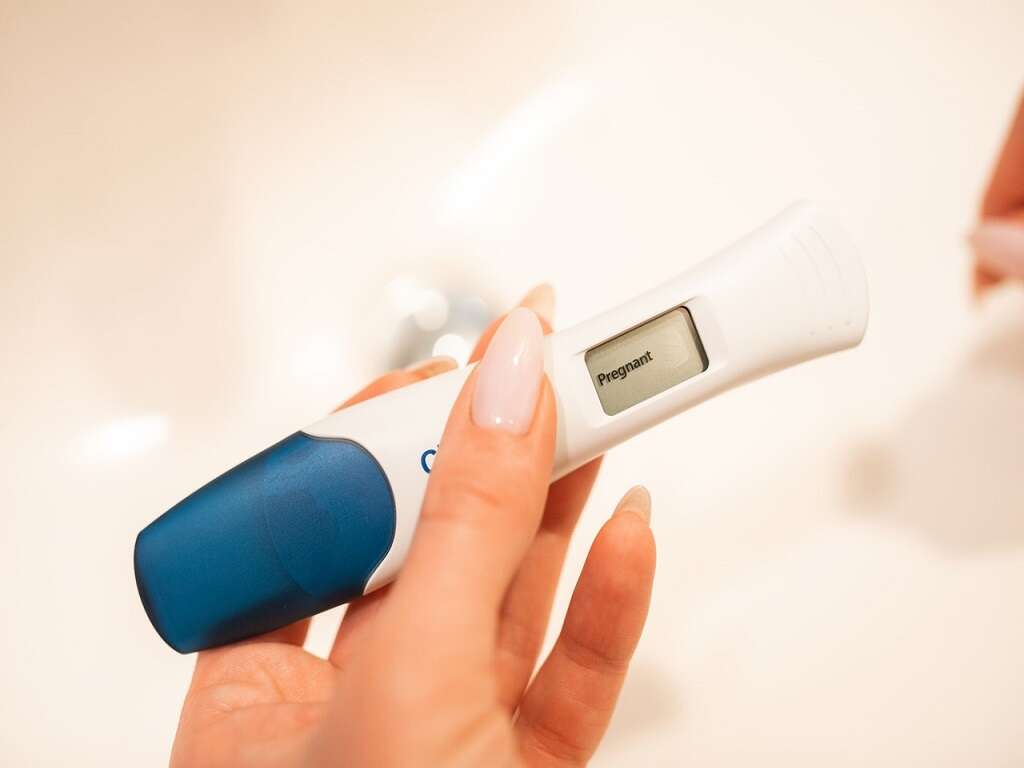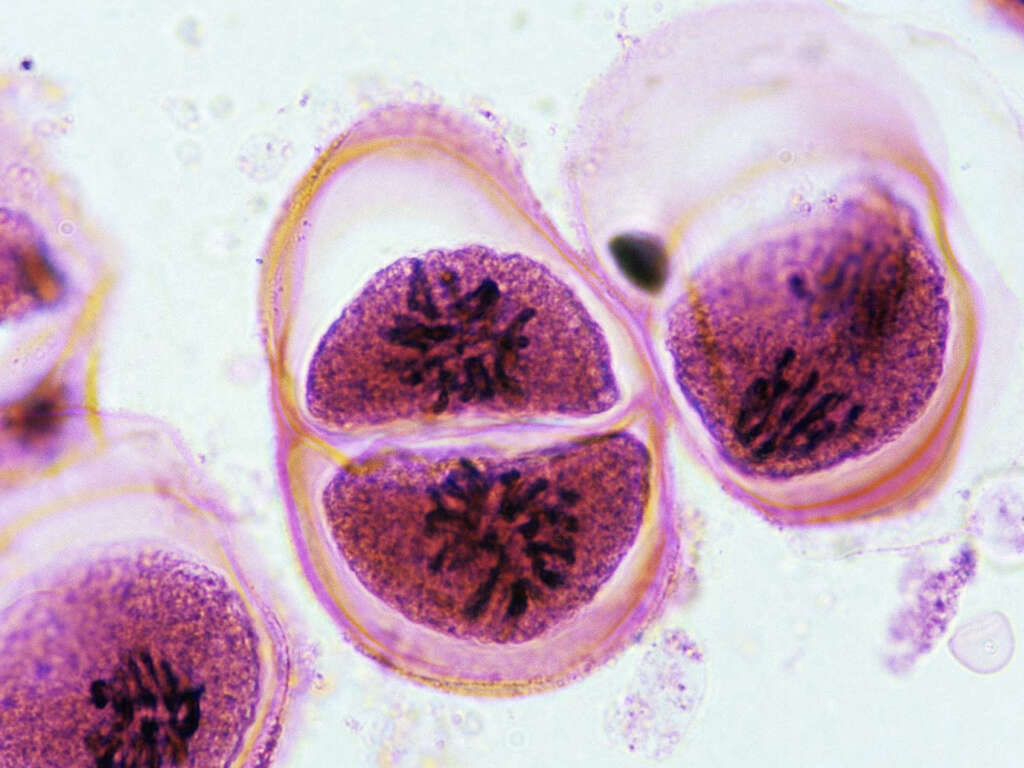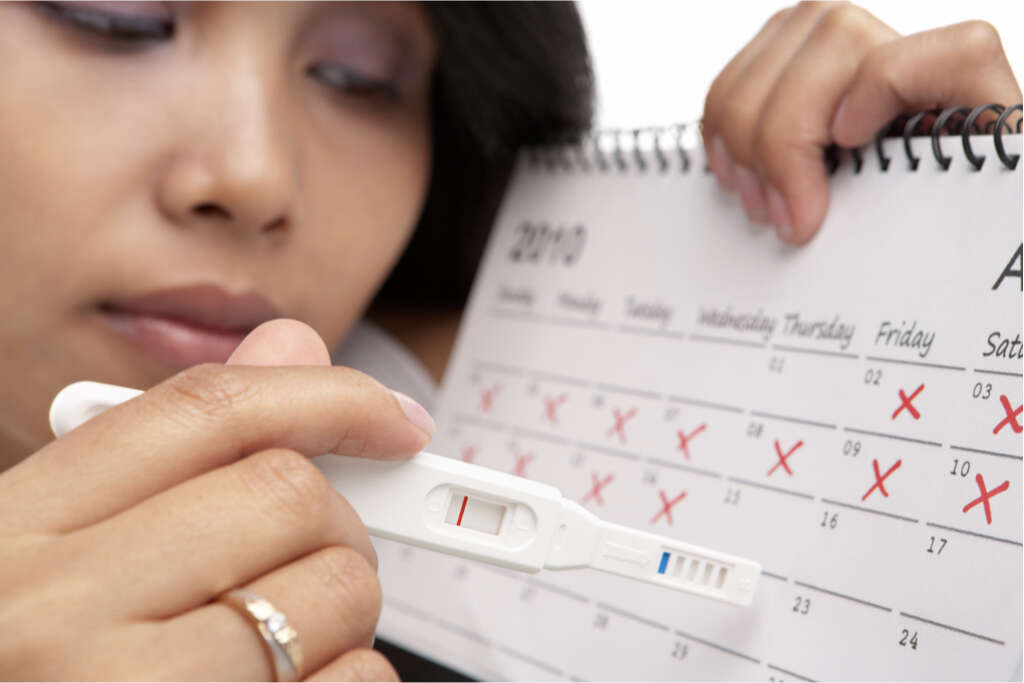10 Early Pregnancy Symptoms
Pregnancy or gestation refers to the development of an offspring in the mother. In humans, pregnancy usually lasts just over 9 months. Pregnancy can be divided into three trimesters, each lasting 12 weeks.
Early pregnancy can be defined as the first 12 weeks of pregnancy. During this time, the possibility of a miscarriage is high. When a woman suspects pregnancy, they should have the pregnancy confirmed by a doctor. It is also important to receive proper antenatal care to ensure that the pregnancy is healthy. It also helps improve pregnancy outcomes.
Prenatal care usually involves taking folic acid supplements, having a regular exercise routine, avoiding alcohol or drugs, and having regular physical examinations and blood tests. It is also to help address pregnancy complications that may occur such as gestational diabetes, anemia, hyperemesis gravidarum, and preeclampsia.
Symptom #1: Fatigue
Fatigue is a term describing a gradual feeling or tiredness that can be alleviated by rest. It is a common and nonspecific symptom that can be seen in depression, stress, overworking, boredom, lack of sleep, hypoglycemia, nutritional deficiencies, anemia, pregnancy, and more.
It is common in early pregnancy and may even occur as soon as a week after conception. This has been thought to be due to the hormone progesterone along with a combination of other factors such as low blood pressure and low blood sugar. Pregnant women who experience fatigue should rest and ensure consumption of necessary nutrients.
Symptom #2: Nausea
Nausea is an uncomfortable and unpleasant sensation where there is an urge to vomit. Although there is no pain, it can be disabling if prolonged as it can cause discomfort in the abdomen, chest, and throat. It is also a famous symptom of pregnancy, also known as morning sickness.
While the exact cause is unknown, it is believed to be due to the changing hormone levels. Nausea and vomiting during pregnancy can occur at any time of the day but is most commonly experienced in the morning. The nausea and vomiting usually decreases around the beginning of the second trimester.

Symptom #3: Mood Swings
Mood swings refer to rapid or extreme changes in mood. It can be productive if it helps promote problem-solving and planning but it can also be disruptive if they are too strong. Mood swings that are disruptive are often a symptom of bipolar disorder.
Mood swings can also occur in patients with epilepsy, attention deficit hyperactive disorder, autism, Parkinson’s disease, multiple sclerosis, Huntington’s disease, Alzheimer’s disease, and more. In early pregnancy, mood swings are also very common due to changes and fluctuating hormone levels.
Symptom #4: Spotting and Cramping
Spotting occurs outside of menstruation. It consists of a few spots or light bleeding between periods. Some causes of spotting are fibroids, use of hormone-based birth control products, sexually transmitted infections, cervical infections, blood clotting disorders, and more.
In early pregnancy, spotting and cramping can occur due to the implantation process (of the fertilized egg to the uterine wall). This is also known as implantation bleeding and occurs about 6 to 12 days after fertilization of the egg. The cramping resembles menstrual cramps. There may also be a milky white discharge due to the increased growth of vaginal lining. This is normal unless there is a bad odor, itching, or burning sensation.

Symptom #5: Breast Changes
Breast changes are also an early sign of pregnancy. When a woman becomes pregnant, the breasts start to become tender, swollen, or sore. They can also feel heavier or fuller along with darkening around the areola.
These changes can be attributed to the rapidly changing hormone levels once pregnancy begins. Once the body has adapted to the hormonal changes, the tenderness and discomfort usually lessens.
Symptom #6: Missed Period
One of the earliest signs of pregnancy is having a missed period. Normally, menstruation occurs every month (an average of 28 days). A missed period is one of the commonest reasons why women get a pregnancy test done. However, some bleeding can also occur during pregnancy.
Other causes of a missed period are gaining or losing too much weight in a short amount of time. It can also be due to stress, hormonal issues, and fatigue. Women who have a missed period with a possibility of pregnancy should get a pregnancy test with their doctor to ensure that they receive proper antenatal care.

Symptom #7: Constipation
Constipation refers to infrequent bowel movements or hard stools. It is often associated with abdominal pain, bloating, and the feeling of incomplete passing of a bowel movement. Common complications of constipation are hemorrhoids, fecal impaction, and anal fissure. Constipation can occur when there is slow movement of stools in the colon, pelvic floor disorders, irritable bowel syndrome, diabetes, hypothyroidism, colon cancer, celiac disease, and side effects of medication. Management of constipation depends on the underlying cause and can be improved with lifestyle changes such as increasing fiber intake, drinking more fluids, and staying active.
During pregnancy, women may experience constipation due to higher levels of the hormone progesterone, as it causes food to move slower through the intestines. Improvements of lifestyle habits can help ease the issue.
Symptom #8: Frequent Urination
Increased urinary frequency occurs when there is an increased need to urinate, compared to normal. It is a common symptom of urinary tract infections and benign prostatic hyperplasia. Other less common causes include caffeine consumption, anxiety, alcohol, diabetes, pregnancy, and so on.
In early pregnancy, frequent urination often begins approximately around the sixth to eighth week of gestation. This may be attributed to fluctuating hormonal levels.

Symptom #9: Headaches and Back Pain
Headaches can be defined as pain that is felt in any region of the head or neck. Types of headaches include cluster headaches, tension-type headaches, migraines, and more. Headaches can be debilitating as they can affect employment, school, and relationships. Common causes of headaches include sleep deprivation, stress, dehydration, and more.
Back pain can be divided into cervical, thoracic, lumbar, or sacral pain. The pain can be chronic or acute depending on the duration and can be characterized as a shooting, burning, dull, or piercing pain. Headaches and back pain are often reported by women during early pregnancy.
Symptom #10: Lightheadedness and Fainting
Lightheadedness occurs when there is a sensation of dizziness or feeling faint. It is an unpleasant sensation that can be prolonged, transient, or even recurring. Patients often describe it as if their head is weightless or their surroundings are spinning. Most cases of lightheadedness are self-limiting and tend to resolve on their own. It is often seen in disorders of the inner ear, shortage of blood, or lack of oxygen.
Fainting or syncope occurs when there is loss of muscle strength and consciousness. This usually occurs spontaneously and has a short duration. Syncope usually occurs when there is lack of blood flow or oxygen to the brain. In early pregnancy, lightheadedness and fainting can be attributed to lower blood pressure, dilation of blood vessels, and lower blood sugar.











